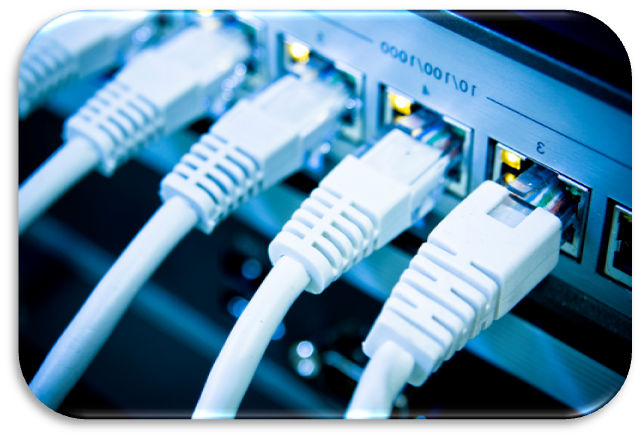| A network technician plans, designs, builds, maintains and tests networks. According to the Occupational Information Network, a network technician can also be known as network systems and data communications analysts.
The actual role of the Network Technician will vary from place to place, but will commonly include activities and tasks such as network address assignment, management and implementation of routing protocols such as RIPv2, HSRP, routing table configurations and certain implementations of authentication (eg: challenge response, etc). It can also include maintenance of certain network servers: file servers, VPN gateways, intrusion detection systems, etc.In smaller organizations, Network Technician may also be technically involved in the maintenance and administration of servers, desktop computers, printers, routers, switches, firewalls, phones, IP Phones, personal digital assistants, smartphones, software deployment, security updates and patches as well as a vast array of additional technologies inclusive of both hardware and software. The Network Technician certification course will provide students knowledge of installing, configuring, upgrading, troubleshooting, and repairing network systems and desktop units. |
 |
